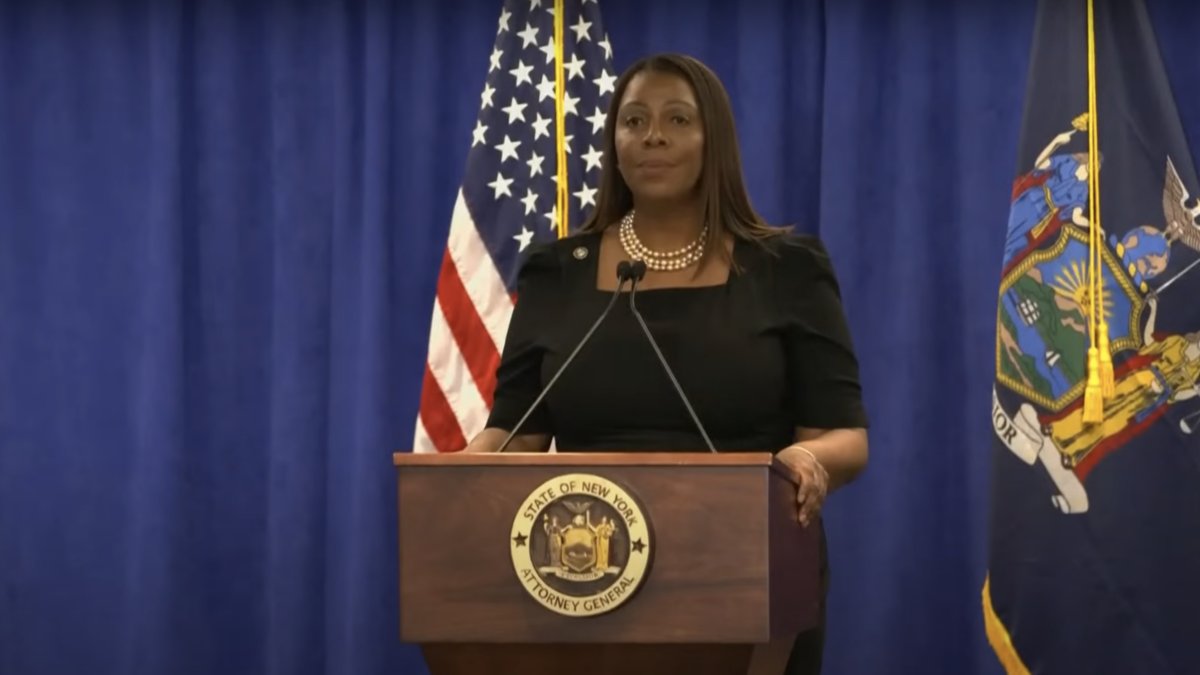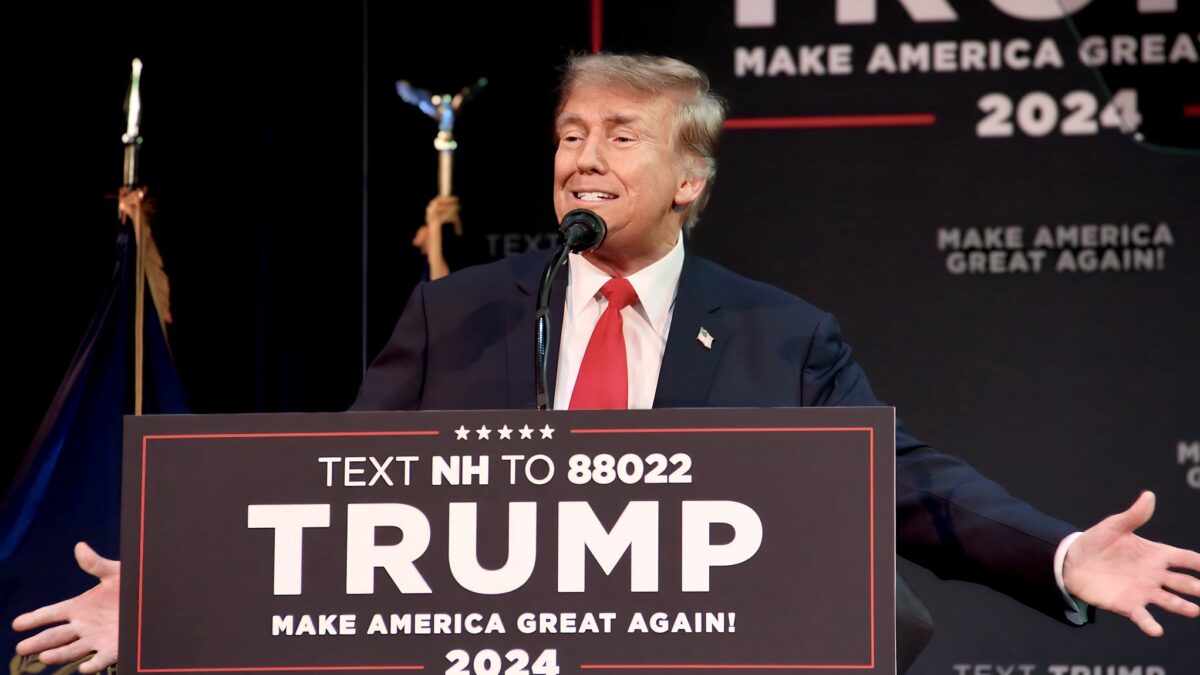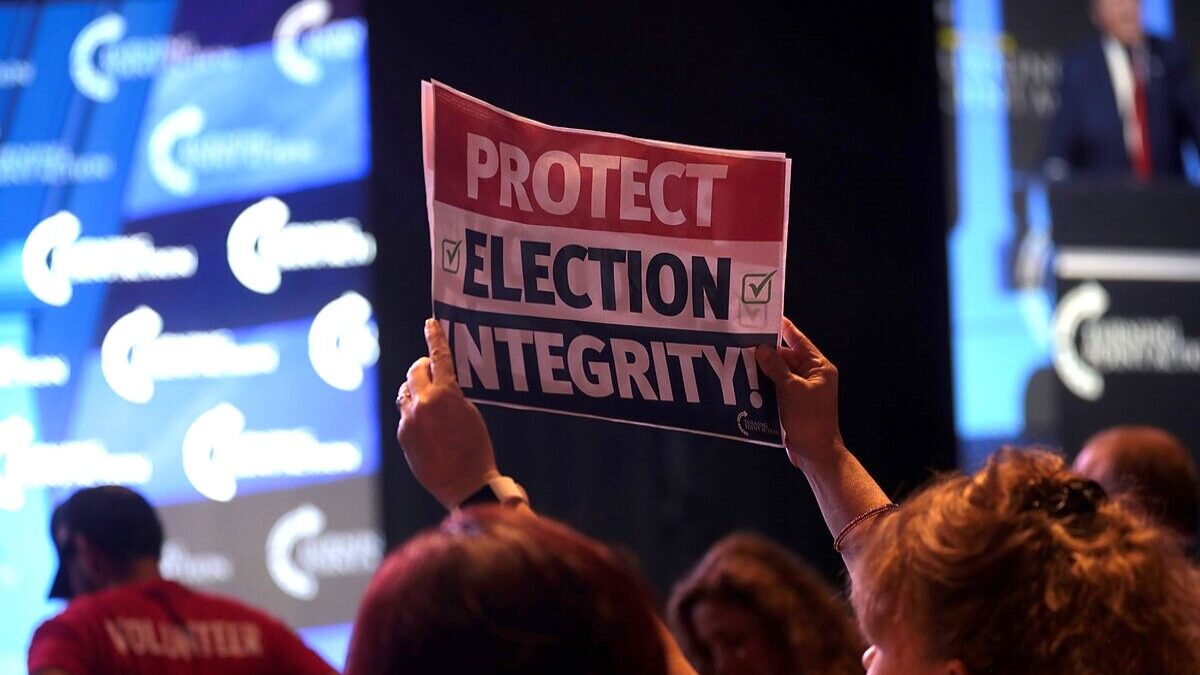The White House refused to deny plans Monday to restrict ammunition supplies for one of the most targeted firearms in the nation: the AR-15.
Last week, The Federalist reported the White House was preparing to shut down the Lake City ammo plant in northwestern Missouri owned by the federal government but operated by Winchester, a private firm. Opened in 1941 to manufacture weapons ammo for the U.S. Army, the government allows the sale of any excess supplies on the open market. The factory is one of the largest producers of M855/SS109 ammo, the most popular caliber for the AR-15. The plant also sells XM855 and XM193 ammunition and is responsible for more than 30 percent of the nation’s 5.56mm ammo.
Mark Oliva, a spokesman for the National Shooting Sports Foundation (NSSF), told The Federalist “Winchester was informed that the government is considering restricting the manufacturing and commercial sale of legal ammunition produced at the Lake City, Mo., facility.”
The news led 50 House members to send a letter to the Biden administration over the president’s impending decision to curb operations.
“We urge you to immediately end consideration of this action,” they wrote, “which we view as a backdoor attempt to bypass Congress and ban legal and highly popular commercial ammunition and certain semi-automatic rifles used by law-abiding Americans across the country.”
White House Deputy Press Secretary Andrew Bates disputed the potential of government closure in a Monday tweet but left the door open to a halt on open-market sales.
“We will not let this plant close,” Bates tweeted, before adding (emphasis ours):
The administration is not going to restrict production/sales of excess ammunition currently available for sale to the public (including M855 and SS109) at Lake City Army Ammunition Plant.
The White House spokesman only committed to a green light for sales of ammunition “currently available” as the administration presumably proceeds with plans for future restrictions. The White House did not respond to The Federalist’s request for comment.
A prohibition of excess sales down the pipeline, Oliva told The Federalist, would place 400 to 500 jobs in immediate jeopardy, reduce available ammunition in the market, and sever the nation’s wartime readiness.
“It risks the ammunition industry’s ability to surge production capacity for national defense if the costs to maintain the present workforce isn’t recouped through sales to the civilian market,” Oliva said.
House lawmakers raised similar concerns in their letter to the White House this week.
“Having the ability to produce this product for commercial sale allows the operating contractor to maintain capacity and keep the facility at a high state of readiness, at no cost to the government,” they wrote. “This ensures the Army is ready to ramp up production in the event of a national emergency.”
The Obama/Biden administration previously tried to introduce a prohibition on AR-15 ammunition through a backdoor bureaucratic ban with the Alcohol, Tobacco, and Firearms (ATF) Bureau in 2015.
Deliberations over whether to close the Missouri plant are happening with the backdrop of Democrats negotiating over a bipartisan gun package supposedly in good faith.
On Tuesday, 14 Senate Republicans including Minority Leader Mitch McConnell and Alaska’s Lisa Murkowski, who faces a competitive primary, voted in favor of stricter gun laws with vague language and more resources for the FBI. Among the GOP supporters of the rushed bill include Texas Sen. John Cornyn, who was booed at his own state’s Republican convention last week for supporting the framework that blames firearms for the recent series of mass shootings by deranged individuals.
The bill, which ushers in a new era of “red flag” laws allowing the free-flow confiscation of firearms from American citizens, was immediately condemned by the National Rifle Association (NRA) once the text was published hours before the vote.
“This legislation can be abused to restrict lawful gun purchases, infringe upon the rights of law-abiding Americans, and use federal dollars to fund gun control measures being adopted by state and local politicians,” the NRA said in a position statement. “This bill leaves too much discretion in the hands of government officials and also contains undefined and overbroad provisions – inviting interference with our constitutional freedoms.”









